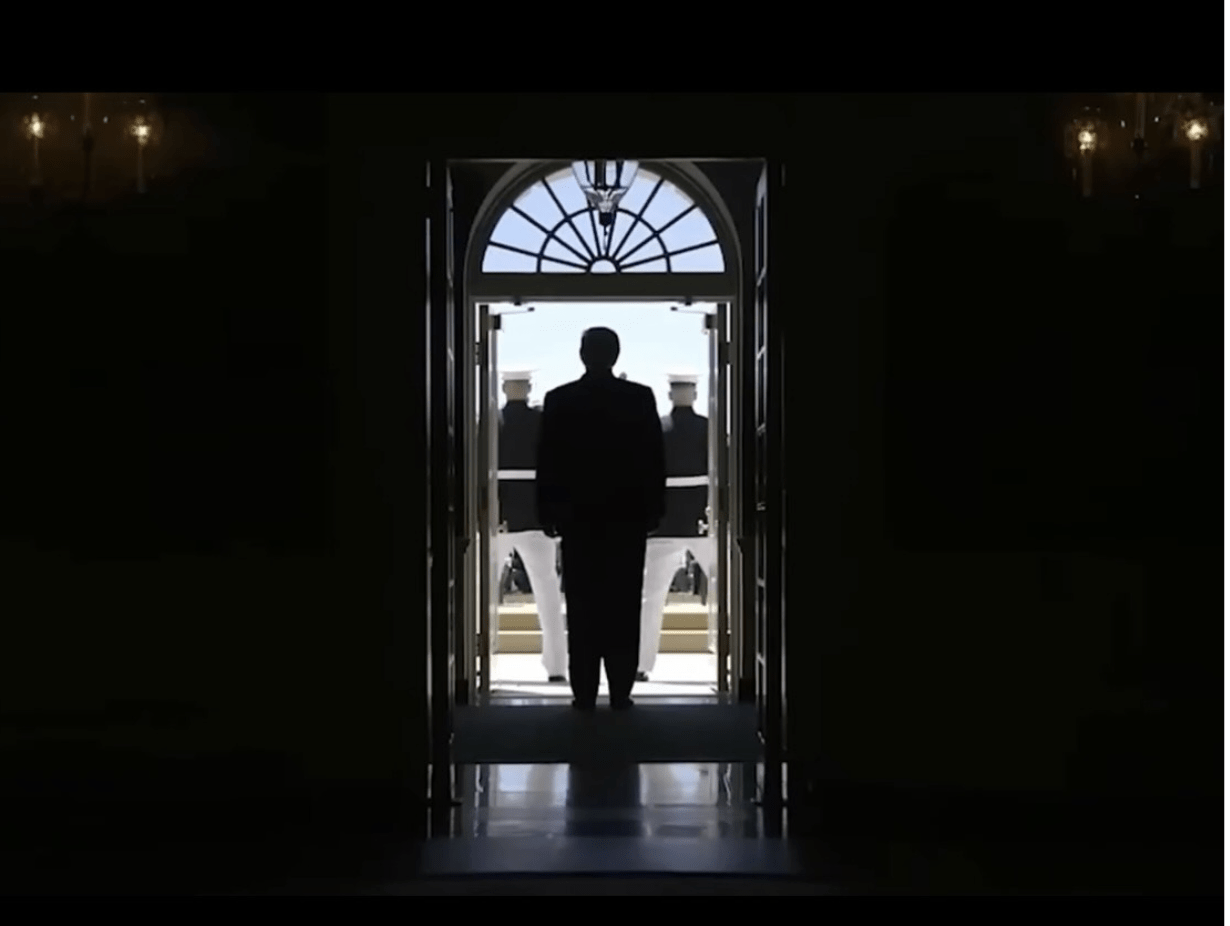The Geopolitics of Trump’s Inauguration Speech
The geopolitical references in the inaugural address of the new US President are striking because they align closely with the concept of “classic geopolitics”—a vision of politics and international relations as an aggressive, zero-sum game. A commentary by Andrea Colli

The geopolitical references in the inaugural address of the new US President are striking because they align closely with the concept of “classic geopolitics”—a vision of politics and international relations as an aggressive, zero-sum game.
The inaugural speech of President Donald Trump, delivered on January 20, 2025, has impressed many commentators due to its unconventional tone and seemingly disorganized structure. However, the speech lends itself to various interpretations, one of which is grounded in geopolitics.
Real and symbolic meanings of “space” and its control, as a function of security and statecraft, emerge throughout.
The End of Global America
A clear geographic perspective appears in Trump’s anti-global vision of the US’s position on the world’s map. This is evident from his initial declaration: “The Golden Age of America begins right now.”
But which America? Not the one that served as a guarantor of the world order achieved through international cooperation and mutual respect, as envisioned at Bretton Woods in 1944. Instead, “Global America” is over.
America’s new Golden Age, as articulated by Trump, is for America alone. His isolationist neo-Monroism makes this abundantly clear. The entire speech contains barely any reference to the international community. When it does, the “outside” is framed primarily as a potential or real threat—yet another nod to the concept of “space.”
According to Trump, America’s Golden Age will be built around two concepts deeply embedded in geopolitical discourse: sovereignty and safety.
- Sovereignty: Trump stresses the importance of prioritizing American borders and resources over foreign commitments, condemning “the horrible betrayal” by a “perverted oligarchy that has given unlimited funding to the defense of foreign borders [Ukrainian perhaps? editor’s note] but refuses to defend American borders.”
- Safety is tied to economic enrichment, achieved through the exploitation of America’s natural resources (“drill, baby, drill”), and protection against external threats (“aliens”). The emphasis on sovereignty and safety over borders, land, and resources underscores the speech’s deeply geopolitical tone.
The theme of geographic boundaries resurfaces with Trump’s steady references to “natural borders.” These ideals retain emotional resonance despite their anachronism, such as the notion of a “Gulf of America”—a clear nod to the geopolitical idea of buffer zones, reminiscent of China’s nine-dash line in the South China Sea. Similarly, renaming Alaska’s highest peak, Denali, back to McKinley, symbolically reasserts US control over its northern frontier.
Another geopolitical element of Trump’s speech is the aggressive focus on controlling strategic physical infrastructure. His reference to the Panama Canal, one of the most historically “imperialist” geopolitical acts in US history, illustrates the projection of power through both military and trade capabilities.
A Return to Classic Geopolitics
Toward the end of the speech, Trump invokes an outdated, Darwinian vision of statecraft. The State is portrayed as a “living organism” that must expand, even at the expense of weaker entities. While the term Lebensraum is not explicitly mentioned, its implications linger ominously. The speech does, however, explicitly reference the notion of “manifest destiny.”
Trump also emphasizes space not only as a physical resource but as a construct imbued with political meaning. This is evident in both the renaming of Denali and his ambitious rhetoric about “pushing forward” frontiers—culminating in the vision of planting the American flag on Mars (licit question: this time, again “for all mankind”?).
The geopolitical references in Trump’s inaugural address are troubling because they mirror the principles of classic geopolitics: a worldview rooted in resource appropriation, exploitation, conflict, and competition. This vision prioritizes force, power asymmetry, and survival of the fittest, echoing the ideas of Charles Darwin.
This approach stands in stark contrast to the cooperative international order that began taking shape 80 years ago, in the aftermath of a global conflict largely fueled by similar visions of geography, power, and politics. Trump’s rhetoric, as conveyed in his inaugural address, signals a potential return to those dangerous dynamics.
IEP@BU does not express opinions of its own. The opinions expressed in this publication are those of the authors. Any errors or omissions are the responsibility of the authors.
